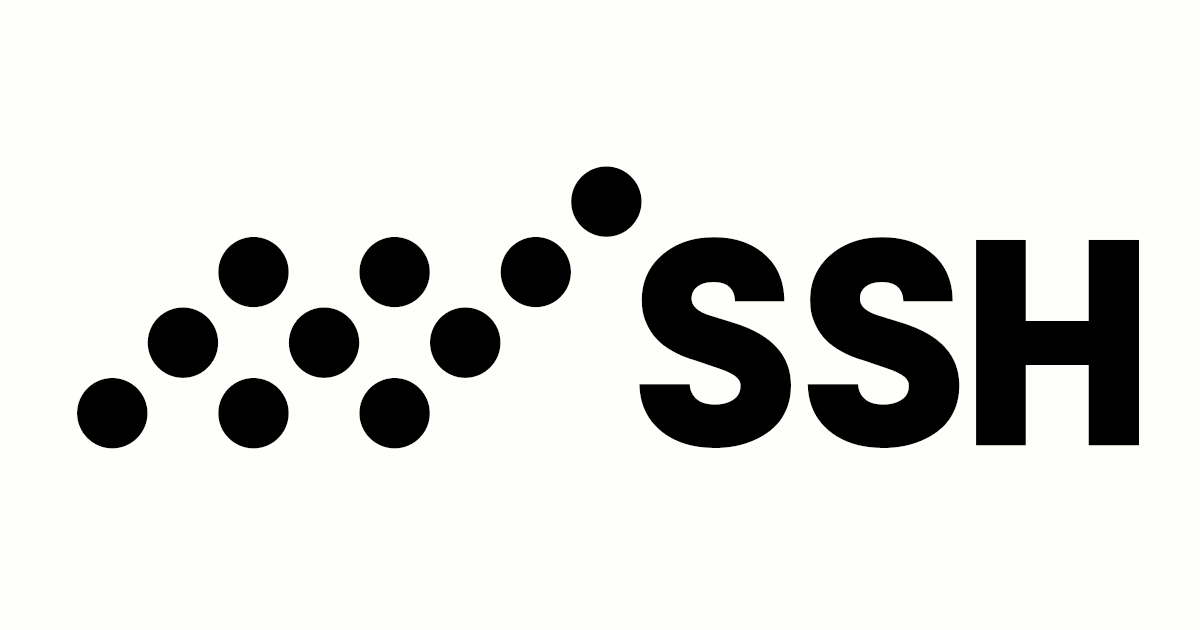The SSH port is 22. This is the story of how it got that port number. And practical configuration instructions.
The story is he asked IANA for port 22. They gave him port 22.
Why did this need to be a blog post?
It’s an interesting story anyway, kind of fun how the early days of the internet people just decided to build stuff and that random little tool from decades ago continue to be the backbone of much of the world. Imagine if all that stuff was proprietary…
True of many things we take for granted now. It would be a different world entirely. Another non-computer example would be the 3-point seat belt that Volvo left as an open patent, saving countless lives over the past decades.
This could’ve been an email
It also explains why it’s 22
The story is interesting though.
What part of the story are you referring to? The part where he asked for port 22 or the part where he got it?
Anyway, I designed SSH to replace both telnet (port 23) and ftp (port 21). Port 22 was free. It was conveniently between the ports for telnet and ftp.
What a strange article. The reasoning for why 22 is interesting though very straightforward, and the rest of the article is essentially “I asked for port 22, and they gave it to me”. Little fanfare, little in way of storytelling conflict.
Not an issue in and of itself, but strange with a title of the form “This is the story of…” That sort of titling usually begets intrigue and triumph over adversity, dunnit?

Back then, the internet was a thing of trust and cooperation. We got an assigned port number the same way. Current problem: Our company changed over the decades, and I no longer have the email address that would identify me to the IANA as the one who requested that number reservation.
Actually, I have my public facing servers configured to listen to 443 as well. Why? Because many corporate and public space wifi spots like libraries, will block 22, but allow 443 for https, so on my shell servers, I also listen to 443.








